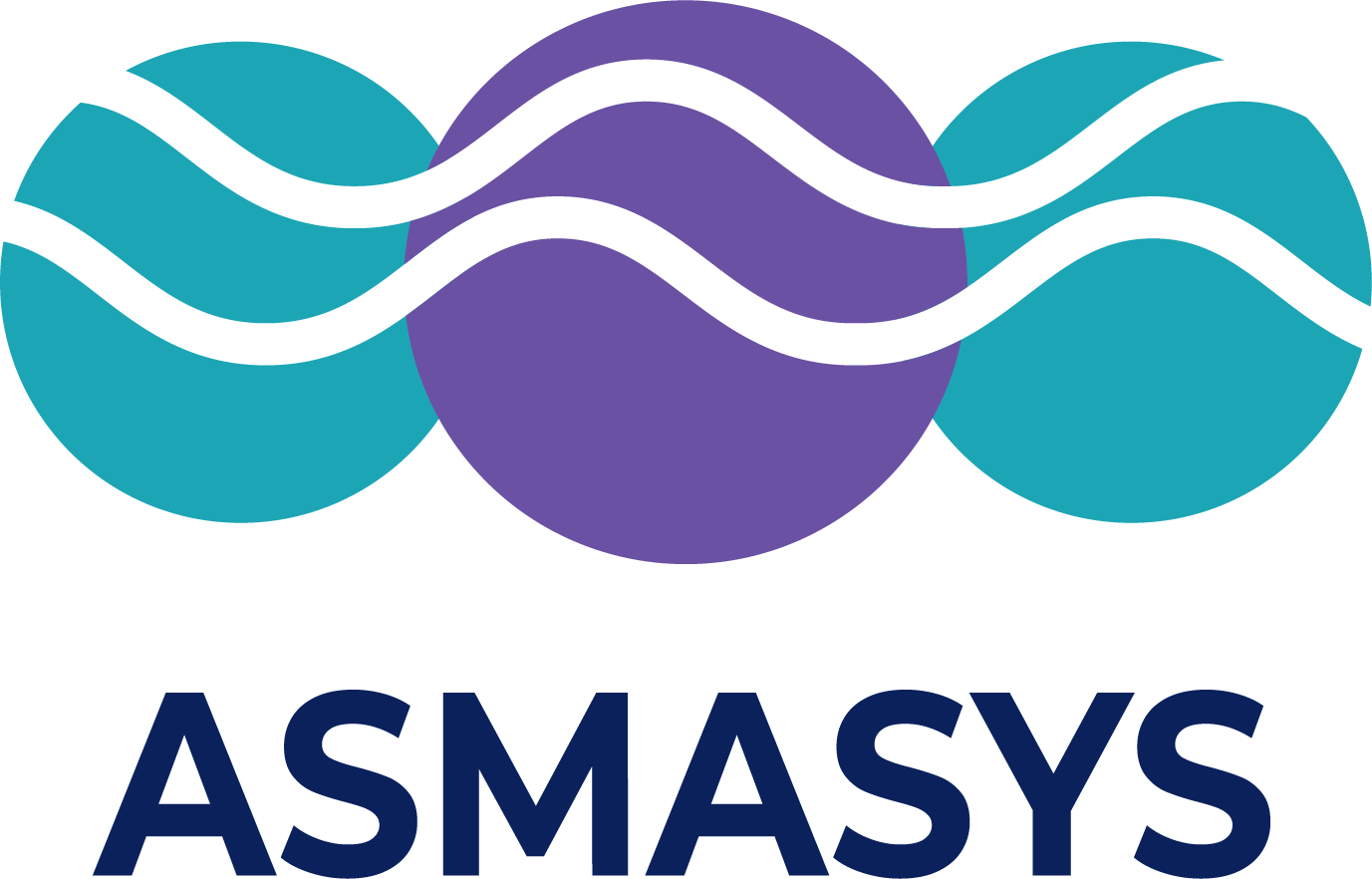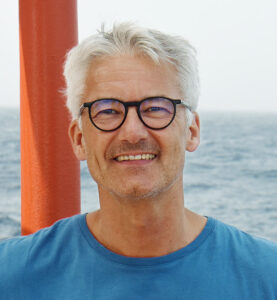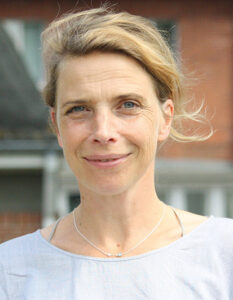Leibniz Institute for Baltic Sea Research Warnemünde (IOW)
Prof. Dr. Gregor Rehder
is co-chair in the research mission and coordinator of ASMASYS. As a marine biogeochemist and chemical oceanographer, his main expertise is in the study of environmentally relevant gases in the marine environment, with a particular focus on the greenhouse gases methane, nitrous oxide, and carbon dioxide, including the inorganic carbon cycle.

















